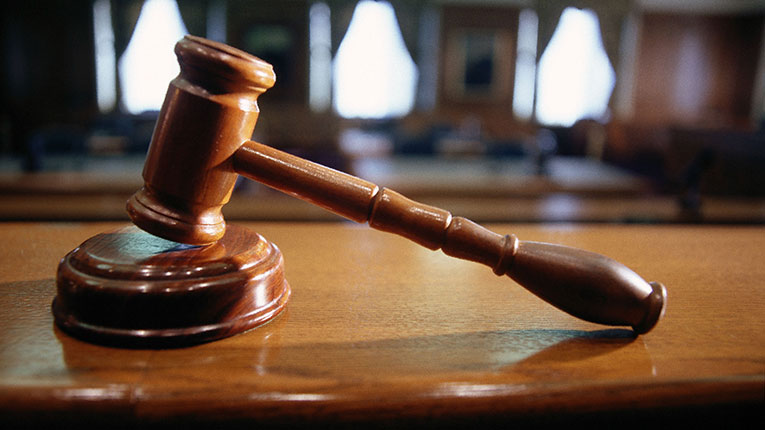This year is essential for offshore wind investors “to finalize the law…the maritime plan and the list of necessary authorizations…which will allow us, as investors, to make an investment decision in Romania,” said Adrian Borotea, RWEA executive president, during the conference for the launch of the “Offshore wind – the enabler of Romania’s decarbonisation” report by Energy Policy Group (EPG).
“In an optimistic scenario, the law could be adopted, promulgated and published in the Official Gazette by the end of this year,” USR deputy Cristina Prună, one of the initiators and ardent promoters of the offshore law, told Energynomics.
“We hope that this year we will also be in Parliament, together with Mrs. Cristina Prună, to push this law for offshore wind power further. It is clear that we need all possible sources of energy, because consumption is below production, and estimates show that if we do not invest in the coming years, it will be worse… There is involvement at the level of parliament and associations, at the level of the regulator… but we should we first put the ox before the cart,” said Adrian Borotea.
He explained that, first of all, investors need legislative stability.
“Any investor first looks at the legislative framework – I said this two years ago, when the first discussions began. We need a clear law that deals with all the issues – such as Transelectrica’s right to cross the shore, which does not exist in the law – and only then should we think about financing. So, from the investors’ point of view, I think we all agree that we need a very clear legislative framework – which clearly states the financing mechanisms, the recovery terms, the connection, who does what, etc. Then, the law must remain stable in the long term, changes should not occur except within a reasonable period of time, and not six-seven times every year,” added Adrian Borotea.
“Secondly, there is regional competition between projects and between technologies. Here, the offshore, as a newcomer to us, will have to compete with the other technologies, which may be more expensive – or cheaper – and with the other regional projects… The money is in the market, but the investors go where it is better and safer. The law that the Parliament will finalize, with our support, of all of us, will have to ensure comfort of the investor, which will not go to America, for example, but come to Romania and invest,” he added.
“Our association (RWEA) had only 35 members one or two years ago, and now it has more than 50. Some of the members have shown their expressed interest and supported by shareholders to invest in offshore wind. The fact that some of them became members, despite the legislative changes, is a good sign: a sign that Romania is attractive, that there is natural potential, that the legislation has been started and is to be completed. There is money, the involvement of the authorities is still improving, but it is positive… I think this year is a good year to finalize the law… the maritime plan and the list of necessary authorizations… which will allow us, as investors, to make an investment decision in Romania.”
Energy Policy Group (EPG) organized, on Tuesday, the launch event of the Report “Offshore wind – the enabler of Romania’s decarbonisation”.

